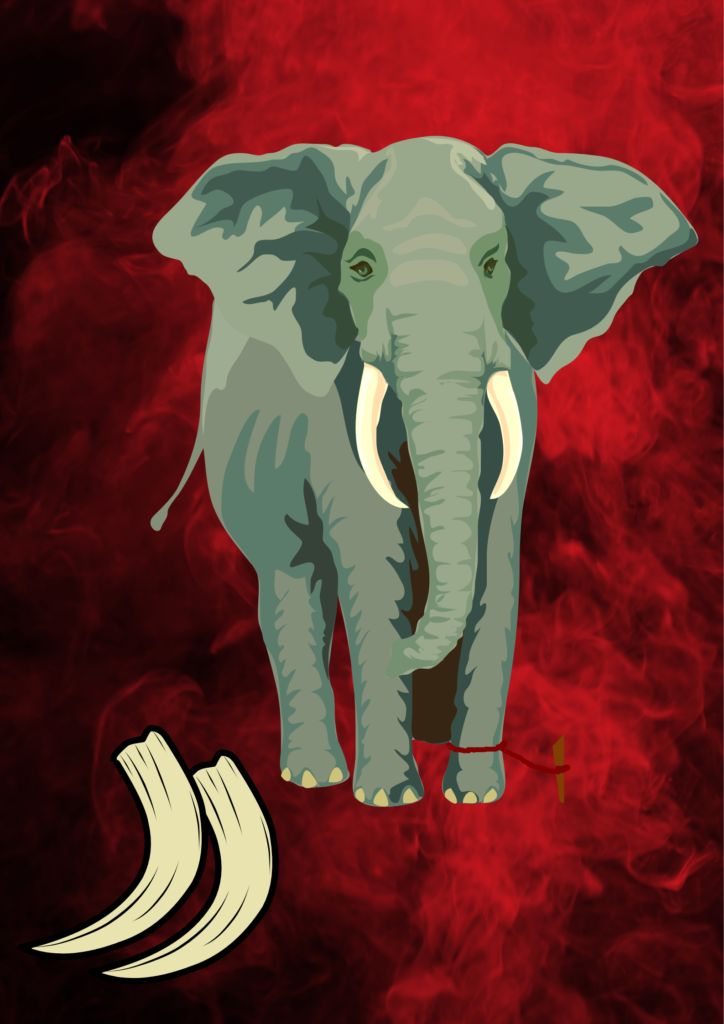A Silent Plea: Ending Animal Brutality

Physical Abuse: A Direct Assault on Innocence
Physical abuse is the most blatant form of animal cruelty, involving deliberate acts of violence that inflict pain, suffering, and often, death. This can include hitting, kicking, burning, or torturing animals. Such acts are not only morally reprehensible but also illegal in many jurisdictions.
Neglect: A Silent Killer
Neglect, while less overt than physical abuse, can be equally devastating. It occurs when animals are deprived of basic necessities like food, water, shelter, or veterinary care. This can lead to malnutrition, disease, and a slow, painful death. Neglect often stems from indifference or ignorance rather than malice.
Exploitation: Profiting from Suffering
Exploitation is the use of animals for profit or entertainment without considering their welfare. This includes factory farming, animal testing, circuses, and zoos. These industries often subject animals to inhumane conditions, causing immense suffering.
Animal Experimentation: A Controversial Practice
Animal experimentation is a particularly contentious issue. While some argue that it is necessary for scientific progress, many believe that it is cruel and unethical. Animals used in experiments are often subjected to painful procedures and may suffer from psychological distress.
Raising Awareness and Promoting Compassion
To combat animal brutality, it is essential to raise awareness about the issue and promote compassion and empathy towards animals. Education plays a crucial role in fostering respect for animals and understanding the consequences of cruelty. Schools, universities, and communities should incorporate animal welfare education into their programs.
Legislation and Enforcement: A Necessary Framework
Legislation and enforcement are also critical in preventing animal cruelty. Governments should enact and enforce strict laws that protect animals from abuse, neglect, and exploitation. Animal shelters and rescue organizations can play a vital role in providing care for animals that have been victims of cruelty and finding them loving homes.
Individual Action: Making a Difference
Individuals can also make a difference by adopting ethical consumer choices. Supporting animal-friendly products and services, such as cruelty-free cosmetics and sustainable food sources, can help reduce the demand for animal exploitation. Additionally, volunteering at animal shelters or rescue organizations can provide direct support to animals in need.
A Shared Responsibility
Animal brutality is a serious issue that requires immediate action. By raising awareness, promoting education, advocating for strong legislation, and making ethical consumer choices, we can work towards a world where all animals are treated with kindness and respect. It is our moral obligation to protect these voiceless creatures and ensure their well-being.




















